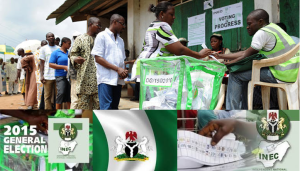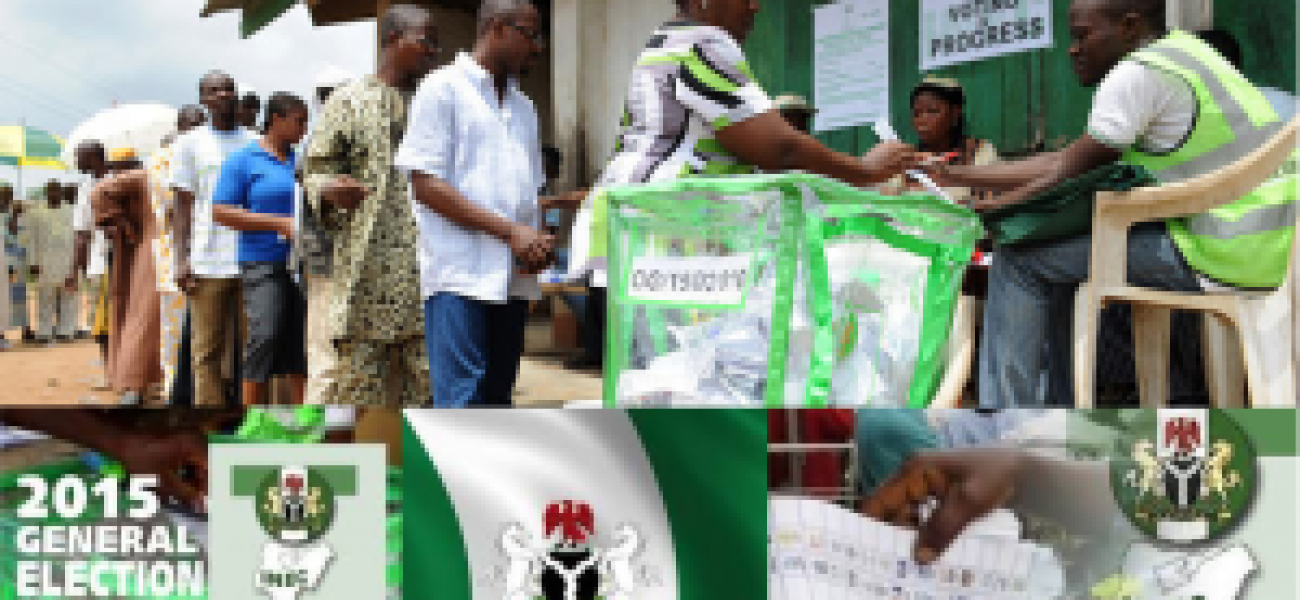 The fate of the Electoral Act Amendment Bill, 2018 remains tentative after a Federal High Court sitting in Abuja issued an order preventing the National Assembly from overriding the President’s veto on the Electoral Act Amendment Bill, 2018. It will be recalled that prior to the subsisting court order, President Muhammadu Buhari had written to the National Assembly’s leadership on March 13, 2018 rejecting the proposed amendments on 3 grounds.
The fate of the Electoral Act Amendment Bill, 2018 remains tentative after a Federal High Court sitting in Abuja issued an order preventing the National Assembly from overriding the President’s veto on the Electoral Act Amendment Bill, 2018. It will be recalled that prior to the subsisting court order, President Muhammadu Buhari had written to the National Assembly’s leadership on March 13, 2018 rejecting the proposed amendments on 3 grounds.
One of his reasons for withholding assent on the Bill included that its amendment to the sequence of elections in section 25 of the Principal Act may infringe on the constitutionally guaranteed discretion of the Independent National Electoral Commission (INEC) to organise, undertake and supervise all elections as provided for under section 15(a) of the Third Schedule of the 1999 Constitution (as amended).
Paragraph 15(a) of the Third Schedule states that the Commission shall have power to
- organise, undertake and supervise all elections to the offices of the President and Vice President, the Governor and Deputy Governor of a State, and to the membership of the Senate, the House of Representatives and the House of Assembly of each State of the Federation
His second reason was that the amendment to section 138 of the principal Act dealing with grounds for petition delete two crucial grounds upon which an election may be challenged and may therefore unduly limit the right of candidates in a free and fair electoral review process. In addition to this is his third ground for rejecting the amendments, which is that the proposed amendments to section 152(3)-(5) targets state independent electoral commissions and could raise constitutional issues over the competence of the National Assembly to legislate over local government elections.
However, the latest impasse and the Federal High Court’s Order restraining the National Assembly from taking steps to override the President’s veto has brought the issue of separation of powers of the three arms of government to the fore. In this regard, the National Assembly has argued that the Court’s intervention is a breach of its constitutional powers on law making and legislative veto laid down in section 59(5) of the 1999 Constitution (as amended) which states that:
“Where the President withholds his assent and the bill is again passed by each House by two-thirds majority, the bill shall become law and the assent of the President shall not be required”.
Following this, steps have already been taken to reintroduce and gazette the Bill taking into cognizance all of President Buhari’s reservations except that of section 25 dealing with the sequence of elections. The Senate has also promised to re-introduce the Bill after resolving to meet with the Chief Justice of Nigeria, Walter Onnoghen and settle the dispute amicably.
While the Federal High Court has fixed April 25th, 2018 to make final judgment in the case, the matter is a stark reminder of the friction between the National Assembly and the Executive, which seems to have sadly become a prominent feature of Nigeria’s democracy.

